Small Ecoparks in the City
Small Ecoparks in the City
Vision
Spreading sustainable life to large masses: by showing that it is possible with examples, by encouraging it, by showing a road map to those who intend to transform, and by involving them in the transformation.
A place for people to meet, socialize, rest, eat and drink, experience activities and sustainable living solutions.
scalable
It can be scaled according to different site sizes and budgets, from a community garden on a few hundred square meters of land to a small ecopark on a few acres.
Community Garden
Küçük bir alanda gösterebileceğimiz, sunabileceğimiz çok şey var.
-
Doğal gıdaya erişmek isteyenler
-
Şehir koşturmasından nefes almak isteyenler
-
Okullar, gençler
-
Belediyeler (siz de yapabilirsiniz, çoklu fayda, sosyal sorumluluk)
-
Sürdürülebilir yaşamı öğrenmek isteyenler
Ekokafede doğal, lezzetli ve şifalı gıdalar sunuyoruz.
Ekoparkta iyileştirici çalışmalar:
-
Bahçecilik: doğal gıda üretimi, eğitimleri
-
Toprağı, doğayı tanıma
-
Ruh, beden sağlığı
Canlı, bereketli toprak elden etme, su tutma, temiz enerji, doğal yapılar, geri dönüşüm (kompost), gıda ormanı, balkon bahçeciliği örnekleri sunuyoruz.
Kırsaldaki üreticilerle bağlar kuruyoruz: ekokafeye, manav tezgahına, temiz gıda topluluğuna doğal ürünler ulaştırıyorlar. Belli günlerde ekopark meydanında köy pazarları kuruluyor. Ekoparktaki tezgahımızdan doğal ürünler alabilirsiniz. Temiz gıda ağımıza üye olarak her hafta mutfağınıza mevsimsel, doğal gıdalar temiz edebilirsiniz. Aracı olmadığından doğal ürünlere makul fiyatlarla erişebilirsiniz.
Sizler çayınızı, kahvenizi içerken çocuğunuz aktivite alanında toprağa tohum atıyor, sonraki ziyaretlerinizde tohumdan bitkiye ve meyveye dönüşümü takip ediyor, bahçeciliğe ilk adım atıyor. Hareket ediyor, enerji yakıyor.
Okullara, gençlere erişim: ekoparklarda birlikte bahçecilik çalışmaları yürütüyoruz, gençlerin bilgi ve beceri kazanmaları için eğitim, aktiviteler yapıyoruz.
Kendi yerel, ata tohumlarımızı çoğaltıyoruz, paylaşıyoruz. Tohum bankamızı büyütüyoruz.
Örnek ekopark tasarım modelleri oluşturduk.
Başarılı bir küçük ekoparkta olması gereken bileşenleri en doğru şekilde nasıl bir araya getirebiliriz sorusuna cevap aradık. Tasarım grubumuz farklı iklim ve coğrafyalara göre kişiselleştirilebilecek ama özünde benzer tasarım ve çalışmalar barındıracak örnek ekopark tasarımları yapıyor.
Kendi öz kaynaklarımızla, işletmesini de kendimizin yapacağı ekoparklar yanında; birey ve kurumlar için de ekopark tasarım, uygulama, danışmanlık hizmetleri sunuyoruz. Örneklerin hızla artması için imkanları geniş tutuyoruz.
Vision
Spreading sustainable life to large masses: by showing that it is possible with examples, by encouraging it, by showing a road map to those who intend to transform, and by involving them in the transformation.
A place for people to meet, socialize, rest, eat and drink, experience activities and sustainable living solutions.
scalable
It can be scaled according to different site sizes and budgets, from a community garden on a few hundred square meters of land to a small ecopark on a few acres.
Community Garden

In any area with soil and sunlight; If there is no soil, gardens that can be cultivated can be established even in wooden crates on concrete. Community gardens are common garden areas that local people undertake to maintain and develop together. The simplest community garden includes fertile soil + plants + water source and irrigation system; It is low cost, easy to install and operate.
Community gardens are areas where people who engage in similar activities meet, work together, help each other and share, providing effective examples of how sustainability studies can be carried out in cities. Some natural food is produced and shared together.
Elements that are beneficial to include in a community garden in order to carry out successful natural gardening activities:
Compost fertilizer production area: organic waste is transformed into compost fertilizer to be used in gardens.

-
Deep/high plant beds where biointensive gardening is done
 |  |  |
|---|---|---|
 |  |  |
Water source, irrigation system (installation of a drip irrigation system if possible)
Herb garden (we grow special herbs to make our own natural medicines and cures)
Chicken coop (chicken manure is valuable for making compost fertilizer, if there is a greenhouse, chickens are a heat source in the greenhouse, they provide eggs/meat)
Closed small warehouse (for changing clothes, stacking tools, maintaining the seed bank)
A gazebo that provides shade and has a seating area and table underneath (an area where the community comes together and relaxes).
Small kitchen (can also be an open kitchen under a covered, sheltered pergola): for washing garden products and making food/canning/jam etc.
A small production area/workshop to make natural medicines, EM liquid fertilizer etc.
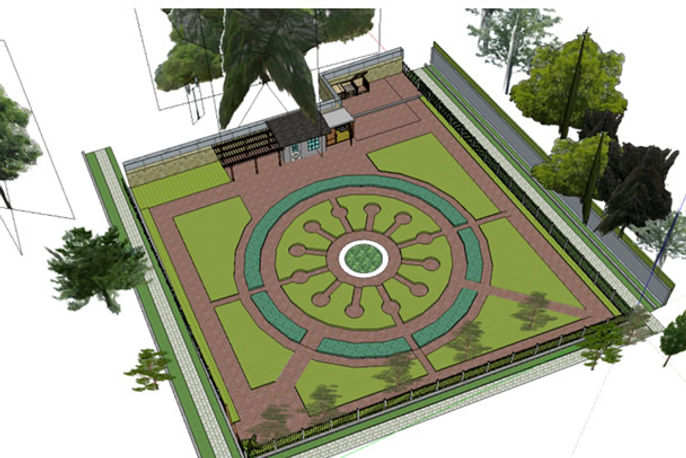

Resources & steps required to establish a local community garden:
First, the local community that will carry out such a study must come together. As in the Fenerbahçe park project, sometimes schools can start such a garden with their students and teachers with the support of the local municipality, but local people who will undertake the constant maintenance of the garden and protect it must also join the community. Even 3-5 people who can take care of the garden by distributing tasks on certain days of the week will be sufficient in the beginning.
An area/land must be dedicated for the community garden. Vacant areas that they do not use may be requested from local municipalities, businesses, or a land owner.
A community garden can be established in small areas of a few hundred square meters.
After the land is procured, a core group must be formed to undertake the design and implementation of the garden on the land.
The core team must have person(s) with design knowledge. If you do not have this knowledge yet, you can get training .
As a result of the design, the elements that are wanted to be included in the community garden become clear. Then, costs/budget are calculated and local resources and supports are researched.
The application project is prepared.
Implementation calendar and business plans are prepared.
The installation work of the garden begins.
Small Ecopark in the City
Much more useful work can be done in areas of 2 acres (2000 m2) and above, and examples can be shown.
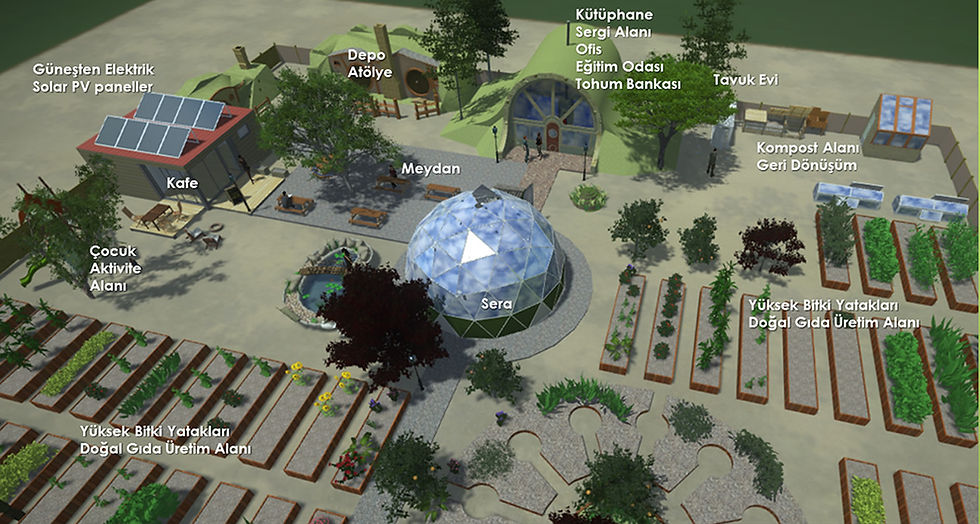
The center of the ecopark is the ecocafe and the square next to it.
You can taste delicious dishes and drinks from seasonal menus created from natural products from the garden and other eco-settlements at the eco-café. Just by choosing to eat and drink in our ecocafe, you will be giving us great support - you will be contributing to the financial success and proliferation of such campuses. A significant part of the financial resources required for the survival and development of the ecopark can be met by ecocafe revenues.
We also offer you a pleasant place and environment to get away from the stress of the city, breathe and rest.
In the ecopark, natural products from the garden or from other ecosites are transformed into other value-added products: cheese, canned food, jam, sauces...
Natural products are displayed and sold in the ecocafe or on the stalls next to it. Products of natural producers are delivered to urban consumers at reasonable prices, without intermediaries, and everyone wins.
Those who wish can join our clean food network and buy weekly natural products for their kitchen in baskets specially prepared for them.
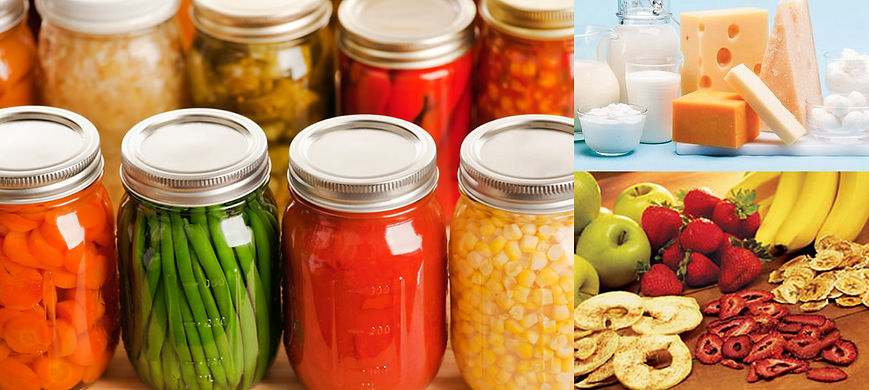
The square is a place to sit and rest in good weather. On weekends in the square:
Village market: weekend market where local, rural natural food producers exhibit and sell their products
Bazaars and exhibitions: especially on sustainable living, natural production and products
Exhibition and sales stalls of community garden produce
 |  |  |
|---|---|---|
 |  |  |
Training and Activities are organized:
Natural gardening trainings
Sustainable living training (clean energy, soil revitalization, water retention, recycling, natural structures, tree care, food forest establishment…)
Workshops: carpentry, cheese making, clean energy installation, natural building construction…
Gardening and plant identification activities with students and children
In our library:
Publications especially about sustainable, natural living
Open library section where everyone can take/leave books
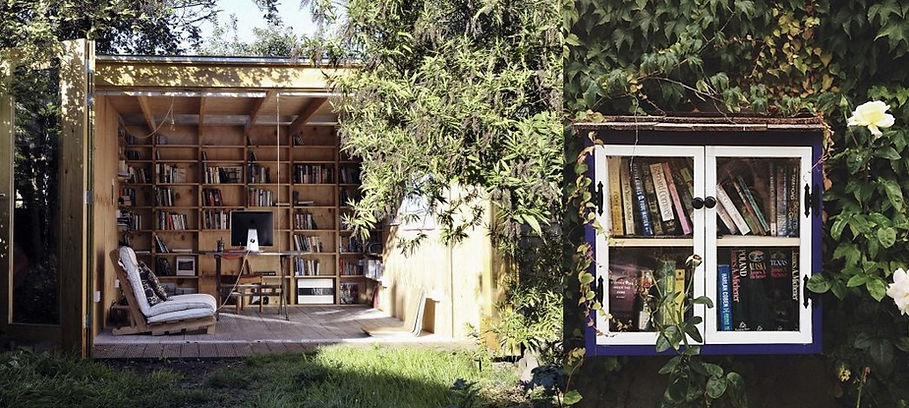
Children's Play, Activity Area:
While adults are relaxing in the cafeteria in the square, educational activities with children under the supervision of older brothers and sisters: seed ball making, plant care, group games...


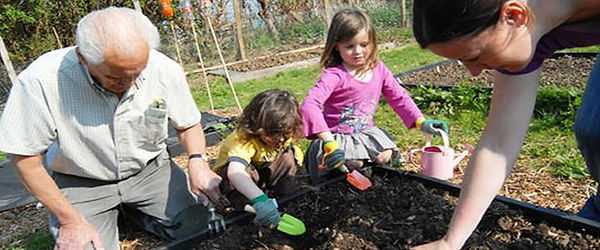
There is so much that can be done and displayed even in a small area of 2 acres. Thanks to the establishment of such eco-settlements in empty areas in cities:
It can be shown with examples that transformation towards sustainable living is possible.
Information and opportunities are provided to those who want to individually strive for sustainability; There may be opportunities to meet and work together with other like-minded people.
Solutions can be offered to fundamental problems that concern us all.
The importance of common core values can be explained: clean air + clean water + clean soil = clean food.
Unifying and integrative studies can be carried out.
While we are working to establish our own city ecoparks, especially in Istanbul and Bursa; On the other hand, we try to support everyone who wants to realize their own eco-campus projects as much as possible. We will share with you the projects we have realized and supported on these pages. Keep following us from time to time.
If you want to do similar projects and be a part of them, you can contact us:
The smallest of the ecological settlements that can serve multiple purposes are 'community gardens', which can also be established in inner cities.
 |  |  |
|---|---|---|
 |  |  |
